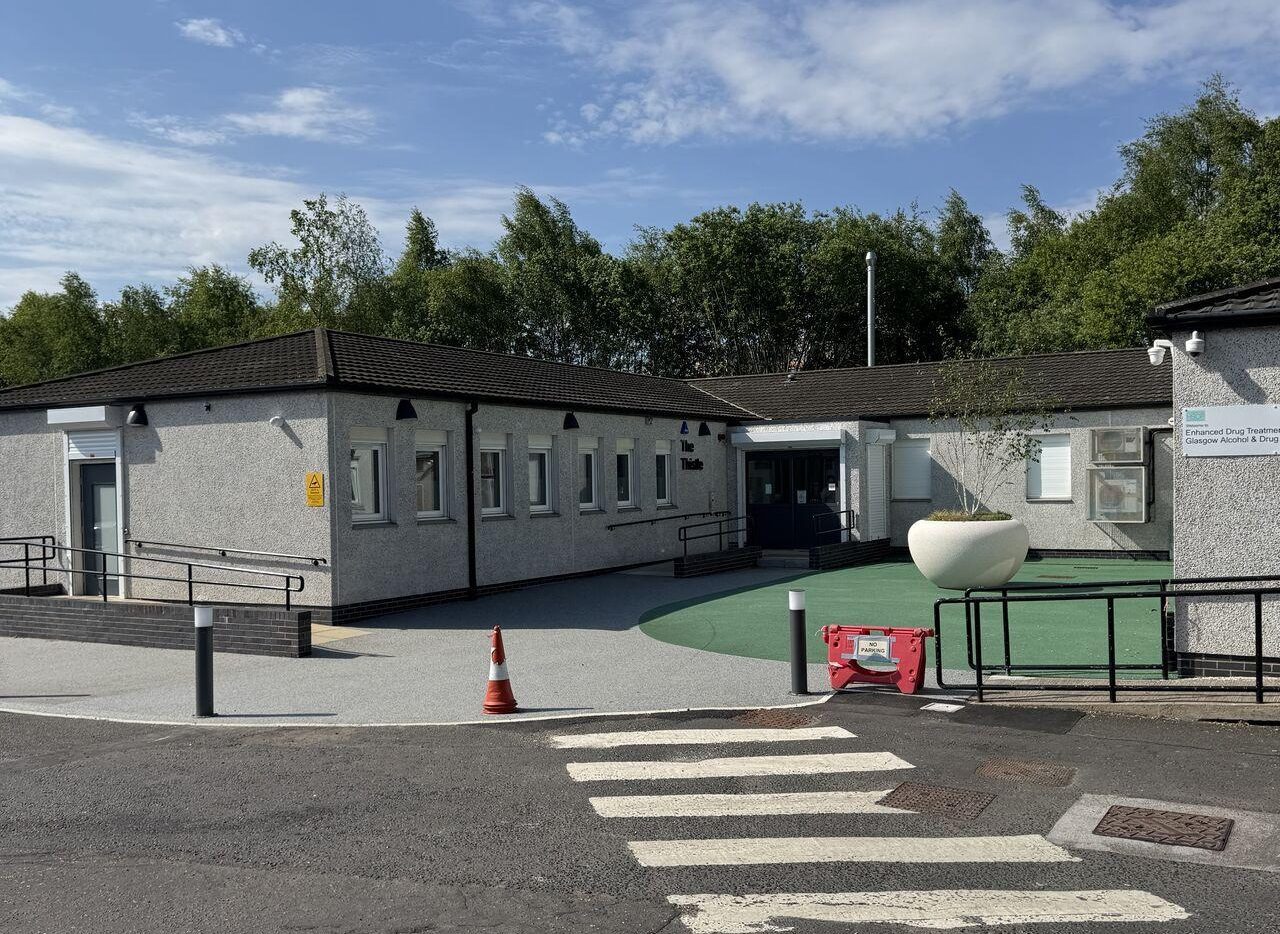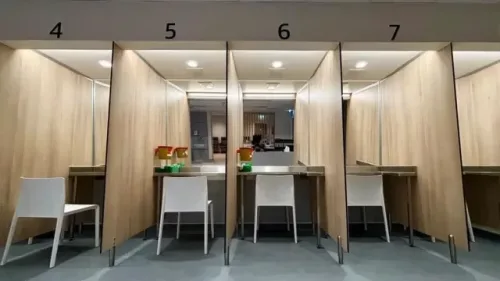16th May 2025
Guest blog by Kirsten Horsburgh
Some recent media reporting on the UK’s first official safer consumption facility in Glasgow has been distressing to see.
This week I visited The Thistle and what I saw wasn’t failure - it was care, professionalism, and people doing everything they can to keep others alive.
This service provides a truly non-judgmental space for people who are often treated as disposable. Staff have already reversed multiple overdoses - stepping in at critical moments to prevent heartbreak, offering not just clinical care, but a reminder that every life is worth saving, every time.

The wider social supports like access to showers, clothing and basic necessities restore dignity and stability in small but meaningful ways. It’s not perfect, no intervention is, but it’s a vital piece of a broader response to a public health crisis.
And yet, just 4 months in, there are already targeted efforts to shut it down. Sadly, some of the driving voices are coming from people in abstinence-based recovery - people whose lived experience deserves respect, but whose opposition now risks reinforcing the very shame and stigma that harm reduction tries to undo.
You can’t support harm reduction only when it aligns with abstinence.
What’s worse is the potential impact of this pressure campaign - not just on public perception, but on the people the service is meant to reach. Word spreads. People hear they’re not wanted. That they’re being watched. That they’re a problem. So they stop coming. They go back to alleyways, stairwells… and risk. This doesn’t protect communities.
We have to stop measuring the success of harm reduction by how comfortable it makes us feel. We need to measure it by the lives it saves, the connections it builds, and the dignity it restores. If we say we care about evidence, about community safety and about human life, we have to give this service a real chance to do its job.
The resistance is understandable. Communities are under strain. People are worried about safety, about the wellbeing of their families, about what they’re seeing on their streets. These concerns are valid and they deserve real, honest engagement.
But calling this service a failure before it's even found its footing isn’t just premature - it’s dangerous.
These services aren’t designed to solve every issue overnight. They’re designed to reduce harm, keep people alive, and offer pathways to care. They work best in partnership with communities - not against them. That requires patience, transparency, and time.
You can’t blame a 4 month old service for decades of systemic neglect.
The community deserves safety. But people who use drugs deserve safety, too. They are part of the community - not separate from it.
Our responses should reflect that. We need both. And we can have both - if we give these services a fair chance.
Kirsten Horsburgh is CEO of the Scottish Drugs Forum
See Transform's Supervised Drug Consumption Facility / Overdose Prevention Centre resource page here




